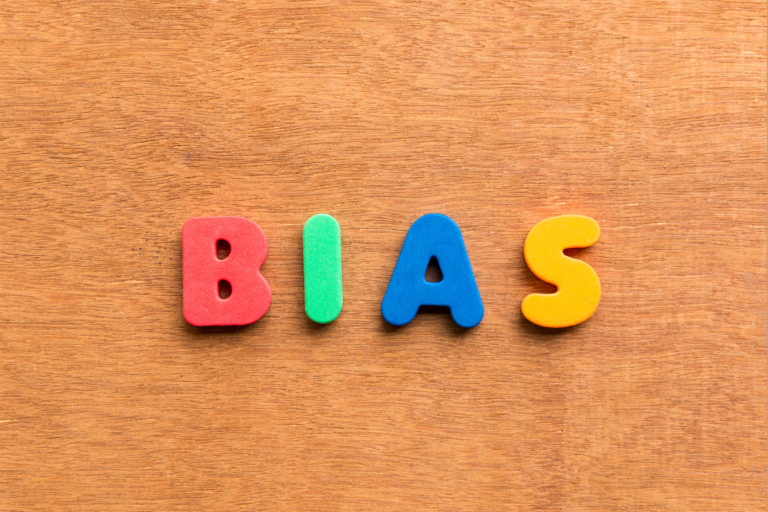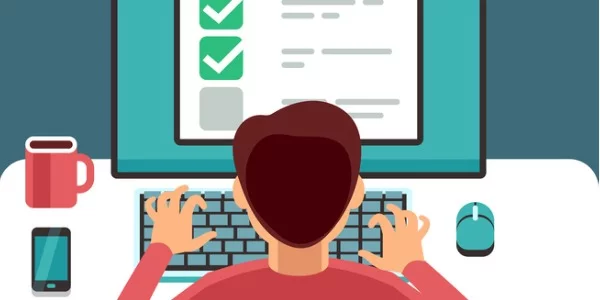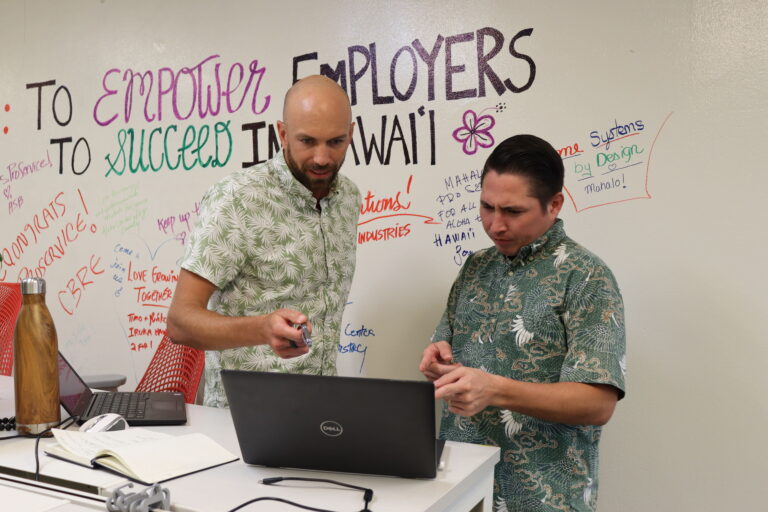Ready, Set, Play: Four Team-Building Activities
Team building, when done right, can unite people and boost team performance. When done the wrong way, it can create the opposite results. Many of us have begrudgingly taken part in a trust fall or scavenger hunt with no real bonds formed afterwards. Instead of facilitating another lukewarm icebreaker at your next company meeting, here are a few team building games that can be played in or out of the office to promote teamwork skills.
Skill: Communication
Game: Minefield
Minefield is one of the best communication games for teams. It helps colleagues learn the intricacies of effective information sharing and challenges them to collaboratively navigate obstacles, working together to foster better teamwork. This game requires some planning ahead of time and a large, empty area. Before beginning each new round, a leader must distribute “mines” around the area. These “mines” can be represented by anything; for example, tennis balls, books, paper weights, etc.
The group must break into pairs, and one team member should be blindfolded and cannot speak, while the other can see and talk, but cannot enter the field or touch their blindfolded teammate. The challenge requires each blindfolded person to walk from one side of the field to the other, avoiding the mines by listening to the verbal instructions of their partners. This activity gives team members an opportunity to trust their partner’s directions and teaches them to communicate in a more effective way.
Skill: Renewed Perspective
Game: Concentration
Concentration is another example of team-building activities that are perfect for boosting creativity in the workplace and providing your team with a short and fun break. Divide the group into two equal lines facing each other. The game begins when the timer is set for 60 seconds and one line turns around and closes their eyes, giving the other line time to change 10 things about themselves. This can include anything from jewelry to swapping clothes to different hairstyles. The only rule is all changes must be something the other group can see.
When the timer ends, the first group turns around and tries to identify all the changes the other group has made. Once all the changes have been revealed, the groups switch roles, giving the other group a chance to make changes.
Team-building activities like this will stimulate the participants’ minds and challenge their memory. Incorporate this activity when a lack of energy is apparent.
Skill: Memory and Communication
Game: Copycat Sculpture
You may need to dig into your child’s art supplies for this one, but it's one of the team-building activities for work that's definitely worth the effort. You’ll need play-doh, blocks, clay, or some type of material that you can sculpt and/or build with. A facilitator will build a small sculpture and hide it from the participants’ view. Divide into small teams of four and give equal materials to each group so that teams can duplicate the structure.
One member from each team can come up at the same time to look at the sculpture for ten seconds and try to memorize it before returning to their team. Back with their teams, they have 25 seconds to explain the structure and instruct their teams about how to build an exact replica of it. After 60 seconds of trying to recreate the sculpture, another member from each team can come up for a “sneak peek” before returning to their team and repeating the process. The game should be continued in this pattern until one of the team’s successfully duplicates the original sculpture.
This game will teach participants how to problem solve in a group and communicate effectively. It’s also a great way for creative teams to re-energize processes and feedback structure.
Skill: Problem Solving
Game: Bank Robbery
For this activity, split the participants up into groups of 4-6 people with one facilitator. The facilitator will pass out 4-6 clues from this guide on individual slips of paper to each person in the group. The group must vocally share these clues with each other (don’t share or pass clues!) and together figure out who robbed the bank. The group can run their guess by the facilitator until a team selects the right answer.
After the robber is revealed, a guided discussion can help debrief the activity and reveal best practices for group communication and sharing information.
Team building activities are particularly effective in honing problem-solving skills and fostering a collaborative spirit among participants. Additionally, team-building activities for small groups can improve communication, renew perspective, encourage collaborative problem-solving, and increase the overall productivity of your team. However, without a well-defined objective, even the most engaging corporate team-building activities can fall short, leading to sub-par experience. By setting specific goals and clearly defining how skills learned during team-building exercises link back to employees' jobs, participants will be more willing to engage in teamwork and view the activity in a positive way.









